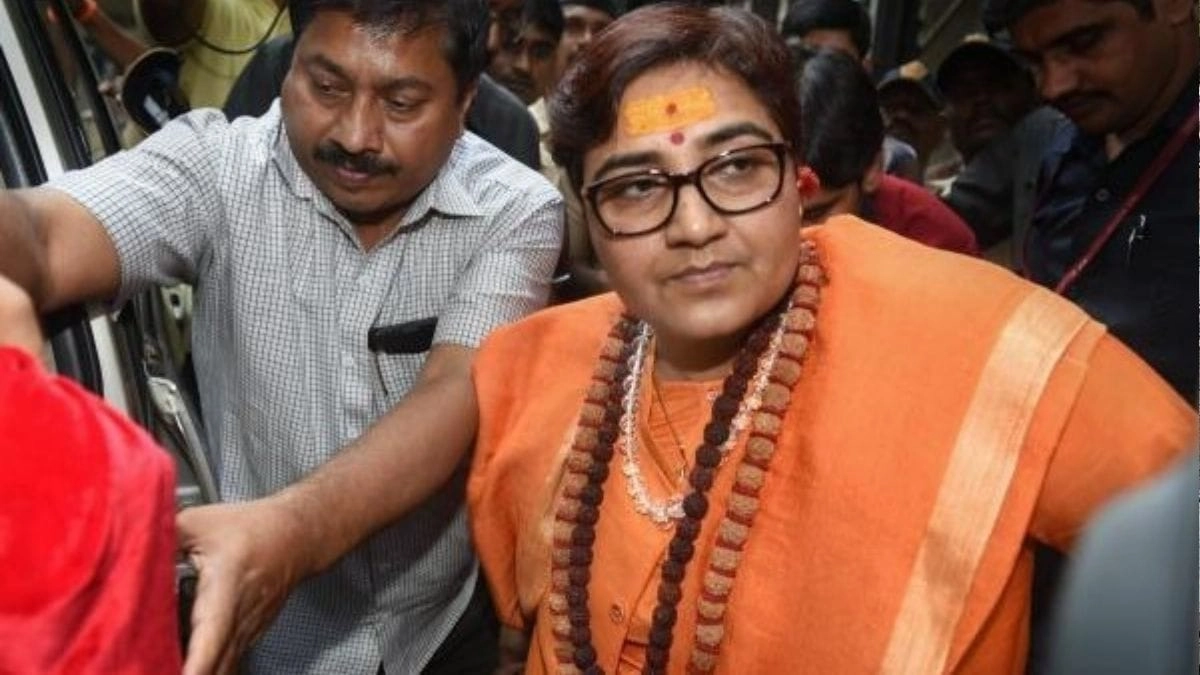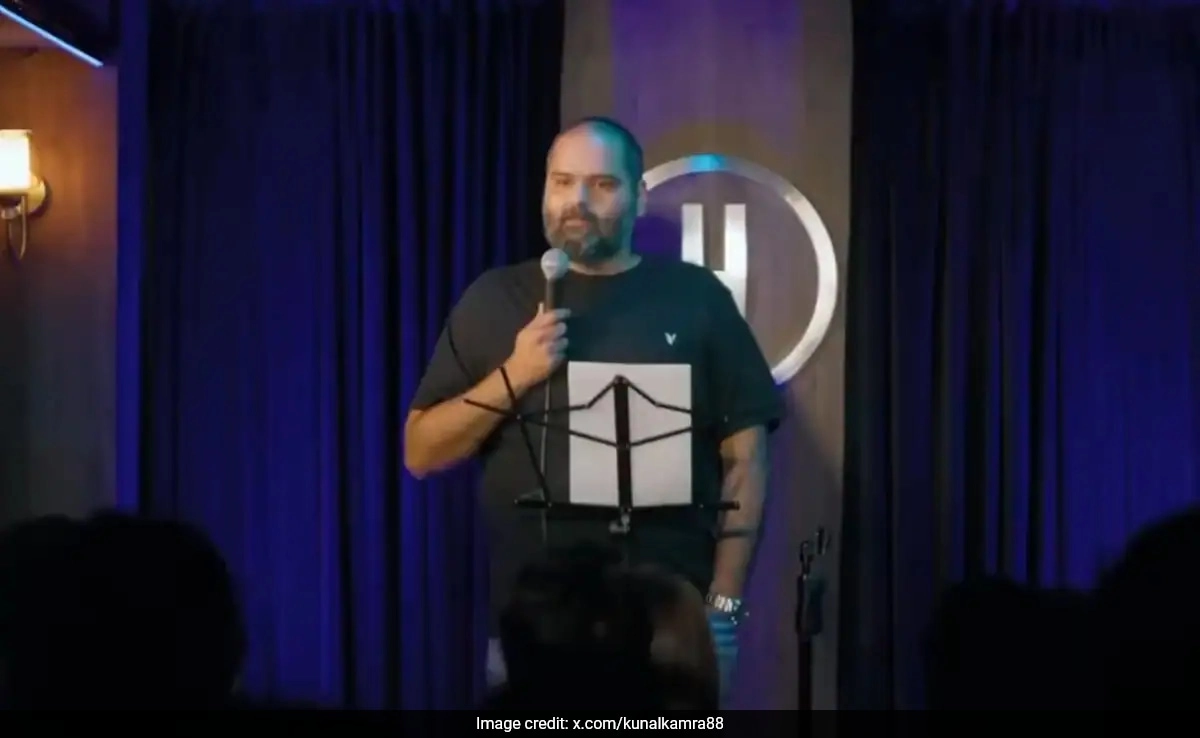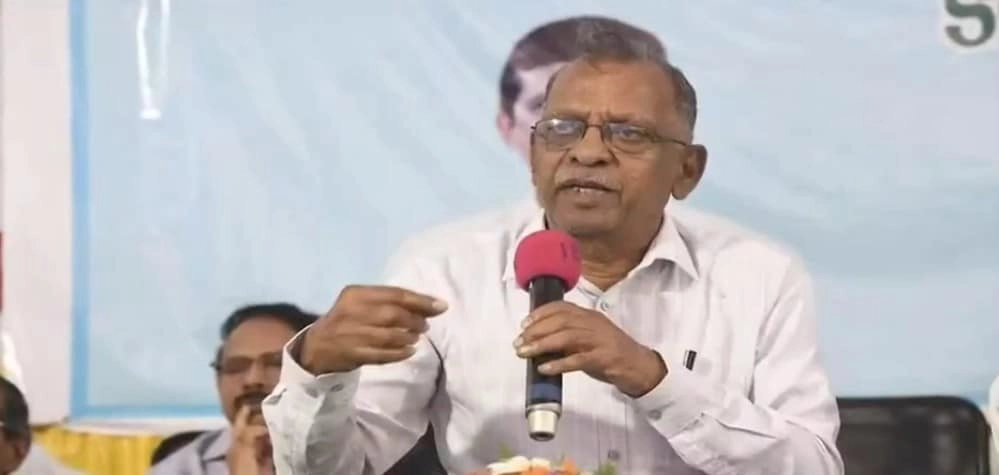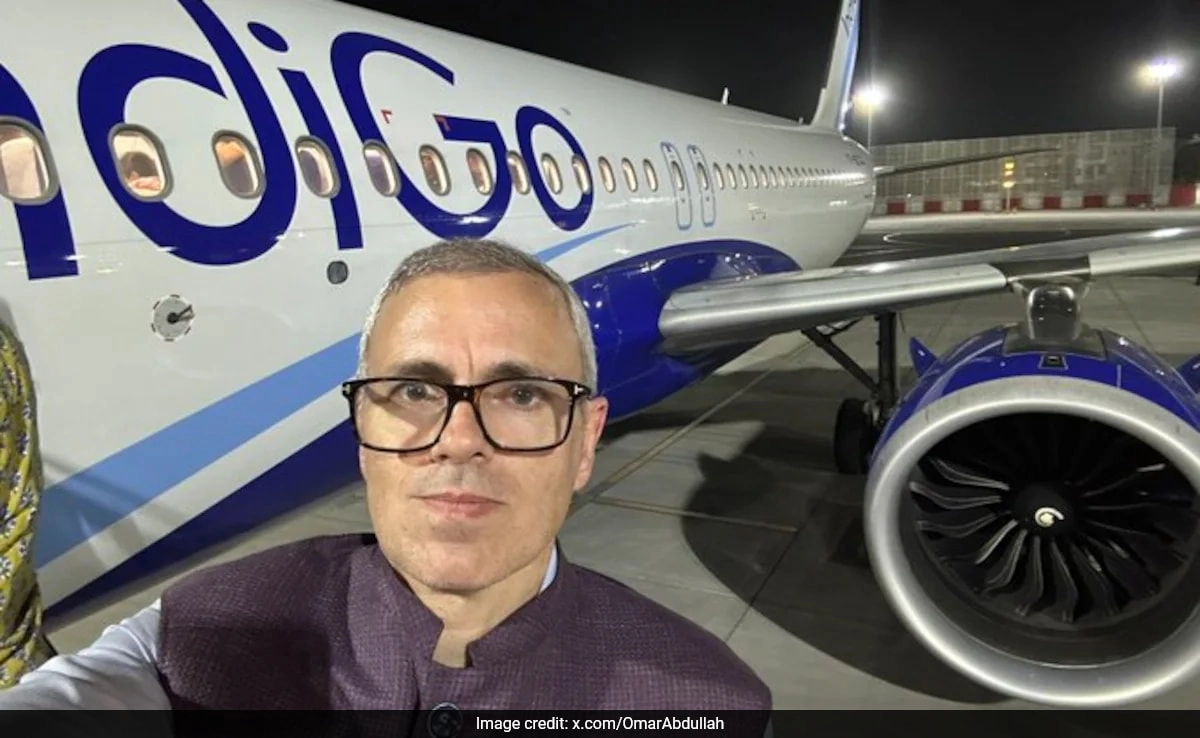Ex-MP Pragya Thakur has ignited significant controversy following her recent statements at a public event in Bhopal, where she appeared to advocate for violence. Known for her polarizing views and previous inflammatory remarks, Thakur’s latest comments have drawn sharp criticism from various quarters, including political opponents, social activists, and concerned citizens. Her call for violent action has not only raised eyebrows but has also sparked outrage across social media platforms, where many have expressed their dismay at her seemingly reckless rhetoric.
Thakur, a former Member of Parliament and a prominent figure in the Bharatiya Janata Party (BJP), has a history of making provocative statements. Her remarks at the Bhopal event have been interpreted by many as incitement to violence, which raises serious questions about the responsibilities of public figures and their influence on societal behavior. Critics argue that such statements can legitimize aggression and create a toxic environment where violence is seen as an acceptable means of resolving conflicts or expressing dissent. This is particularly alarming in a country where communal tensions can easily escalate, and the consequences of such rhetoric can be dire.
In response to her comments, various political leaders and organizations have condemned Thakur’s statements, calling for accountability and urging the ruling party to distance itself from her views. The backlash is indicative of the broader concern regarding the normalization of violent discourse in Indian politics. As the nation grapples with its complex social fabric, the need for responsible dialogue and peaceful resolution of differences becomes even more critical. Public officials must recognize the weight of their words and the potential repercussions that can arise from inciting violence, especially in a diverse society like India.
As discussions continue, it remains to be seen how the BJP will address this incident and whether Thakur will face any repercussions for her controversial statements. The situation serves as a reminder of the challenges facing contemporary politics in India, where the line between free speech and incitement to violence can often blur. The public’s response to Thakur’s remarks highlights a growing demand for more accountability and a call for leaders to embrace a more constructive approach to political discourse, one that prioritizes dialogue and unity over division and conflict.




